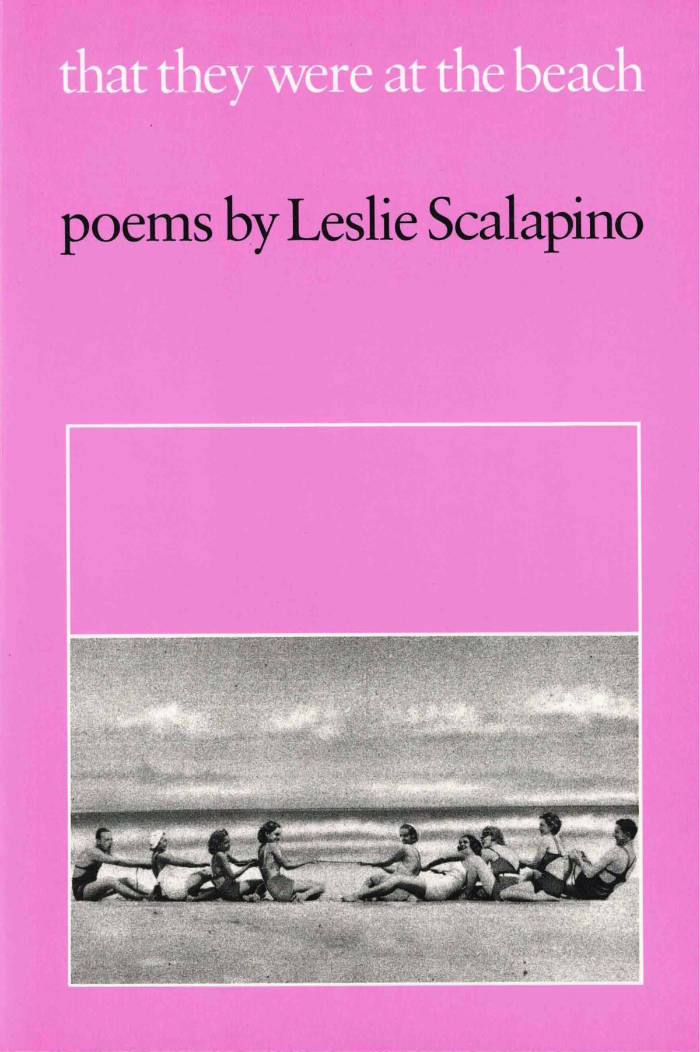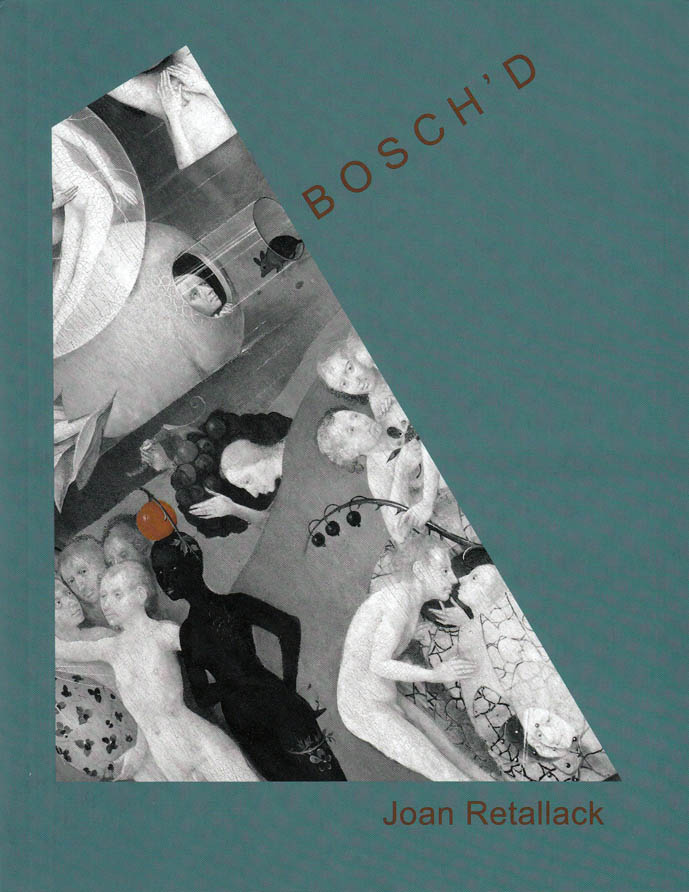Litmus Press
Litmus Press

Another Room to Live In: 15 Contemporary Arab Poets
Another Room to Live In is an archive of encounter: a multilingual conversation between fifteen poet-translators, connected through friendship, correspondence, and cross-diasporic gatherings. With work in English, Arabic, and French, the collection moves beyond both language and nation-state, investing instead in transcontinental dreamspaces. Here, translation practices collaboratively transform the poems and reflect the poets’ own experiences of “living” in multiple languages. Complicating any flat conception of identity, the poems presented here seek to revisit and challenge foundational narratives, to rework mythologies, and to do all this through a cross-generational process of translation as poetic communion.
Contributors include: Etel Adnan, Hoda Adra, Sinan Antoon, Mirene Arsanios, Omar Berrada, Sara Elkamel, Safaa Fathy, Soukaina Habiballah, Marilyn Hacker, Golan Haji, Kadhim Jihad Hassan, Pierre Joris, Mona Kareem, Souad Labbize, Rachida Madani, Alisha Mascarenhas, Iman Mersal, Aya Nabih, Sarah Riggs, Yasmine Seale, Cole Swensen, Habib Tengour, and Sam Wilder.

That They Were at the Beach
For this collection of poems and prose, Leslie Scalapino has gathered four sequences into what she calls an “aeolotropic series.” The poems reflect each other like crystals and change like highly polished glass illuminated by a shifting light. They follow the mind from thought and observation to afterthought, reflection, and obsession.
Leslie Scalapino (1947-2010) is the author of thirty books of poetry, prose, inter-genre fiction, plays, and essays, including numerous collaborations with artists, writers, and dancers. Her long poem way (North Point Press, 1988) won the Poetry Center Award, the Lawrence Lipton Prize, and the American Book Award from the Before Columbus Foundation. Scalapino taught at the Naropa Institute, Bard College, Mills College, and UC San Diego. She was the editor and founder of O Books.

Sitt Marie Rose
Sitt Marie Rose is the story of a woman abducted by militiamen during the civil war in Lebanon. Already a classic of war literature, this extraordinary novel won the France-Pays Arabes award in Paris and has been translated into six languages. Sitt Marie Rose is part of Comparative Literature, World Literature, Women’s Studies and Middle East Studies curricula at more than thirty universities and colleges in the U.S.
Translated by Georgina Kleege.
Etel Adnan was born in Beirut, Lebanon in 1925. She is a celebrated writer, essayist, and playwright, and is the author of more than twenty books in all these disciplines. Her work as a whole is a faithful record of the times and places she has lived in Beirut, Paris, and in the San Francisco Bay Area. At least eighteen works by Adnan have been published in English. They include Sitt Marie Rose (Post-Apollo Press, 1982); The Arab Apocalypse (Post-Apollo Press, 1989); Sea and Fog (Nightboat Books, 2012), winner of the Lambda Literary Award for Lesbian Poetry and the California Book Award for Poetry; Premonition (Kelsey Street Press, 2014); Surge (Nightboat Books, 2018); Time (Nightboat Books, 2019), winner of the Griffin Poetry Prize and the Best Translated Book Award; and Shifting the Silence (Nightboat Books, 2020). In 2021, Litmus Press published a second edition of Journey to Mount Tamalpais (originally published by The Post-Apollo Press), which included nine new ink drawings by Adnan. Her paintings, described by New York Times art critic Roberta Smith as "stubbornly radiant abstractions," have been widely exhibited. Spanning media and genres, Adnan's writings have led to numerous collaborations with artists and musicians, including the French part of CIVIL warS, a multi-language opera by American stage director Robert Wilson, performed in Lyon and Bobigny in 1985. In 2014 she was named Chevalier des Arts et des Lettres, France's highest cultural honor, by the French Government. She died in Paris, in 2021.
Georgina Kleege is an internationally known writer and disability studies scholar. Her collection of personal essays, Sight Unseen (1999) is a classic in the field of disability studies. Kleege’s latest book, More Than Meets the Eye: What Blindness Brings to Art (2018) is concerned with blindness and visual art. Kleege joined the English department at the University of California, Berkeley in 2003 where in addition to teaching creative writing classes she teaches courses on representations of disability in literature, and disability memoir. Kleege is also the author of Home for the Summer (The Post-Apollo Press, 1989).

Bosch'd
Bosch'd spans space-time in a whimsical mix of poetry, quotation, fact, and insertion that all seems to point toward the dissolution of binary, the questioning of what's considered common knowledge, and how a poet works to enact change.
The first of many Bosch'd aphorisms states the opening condition this way: "Humor without gravitas passes through the mind with little effect; gravitas without humor is death." With that, Retallack takes on the paradoxical, hence generative, dystopian logics she calls "our projectile legacies"—misogyny, racism, undaunted colonialism, and more. It's where her playful and grave poetics of the poethical wager revs up. "As the sun at noon illustrates all shadows," Hieronymus Bosch illuminated a beautiful and grotesque biosphere (see Fig. x) that, along with tender sensuality and ubiquitous love, was riddled with human follies and trespasses we've come to identify as the Anthropocene. "Bosch'd" (verb. trans.) does not yet appear in our lexicons. For some of its implications, we present this erudite, searching, and great-humored book.
"This proliferation of angels, and angles, and spectra, and scenes, and singing is all but too beautifully blur to blurb. It defies its own collection. You have to ride, or hide, in an untied thought balloon to read it. It's so beautiful, with so much thought inside, and so loco, so such a little crazy in all its other languages, so off and errant but also so on the spot and dug in and garden'd, so unalone and shared and redshifted, so non-solo'd and so alter'd, that it becomes an altar, its music of alterity holding a delightful cultivation of flown that we can ground in, though it's also so nonlocal, so shar'd in the general speech, that even in the preparation of its table of contents, as if it were a piano on which bizarre things have been painted as the coming of froth, BOSCH'D blindsides despair. Who is Genre Tallique anyway? Bud Powell? An owl? Wow!"—Fred Moten